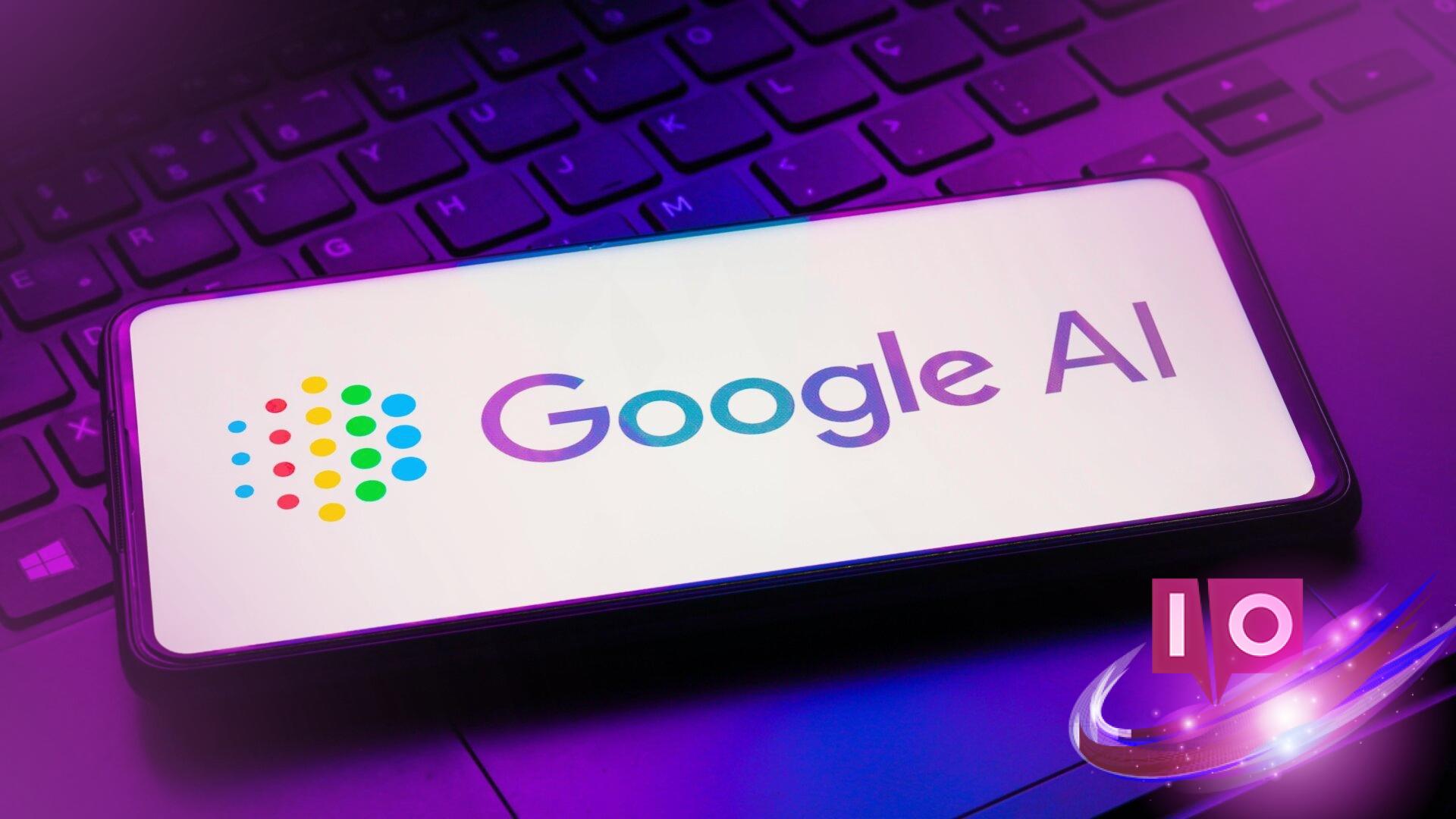Google’s recent advancements in AI have changed how users interact with search results. As more people engage less with traditional links, it’s becoming evident that the game of monetization is intensifying. A new report from Search Engine Land indicates that Google is gearing up to incorporate advertisements directly into its AI experiences, marking a significant shift in digital advertising.
Robbie Stein, Vice President of Search at Google, shared insights on this evolving landscape, emphasizing that advertisements aren’t fading away anytime soon. He noted that the company has already launched trials for ads within AI Mode, expecting to unveil “new and novel ad formats” aimed at keeping advertisers engaged and, of course, looking to increase Google’s revenue from these innovative placements.
What Are Google’s Upcoming Ad Innovations?
When discussing these anticipated ad formats, Stein illustrated a scenario involving a home remodel search. Users might engage with the AI to receive customized recommendations coupled with targeted ads for related services. This approach signifies a blend of personalized marketing within AI, enabling users to discover offerings that might be beneficial to them while also seamlessly integrating paid placements. However, it raises questions about the discernibility of advertisements in increasingly personalized search results.
Staying True to Consumer Needs
For now, Google asserts its commitment to prioritizing consumer-centric products. Yet, it also recognizes the necessity of generating profit from their substantial AI investments, which have reached billions. Stein has assured that current AI recommendations emphasize organic results first, steering clear from immediate ad influence—at least for the moment.
How Will Other Companies Adapt?
Google isn’t alone in this quest to incorporate ads into AI systems. Earlier this year, Netflix revealed plans to explore the use of generative AI for creating advertisements during ad-supported content, hinting at a broader trend across various digital platforms. However, many of these approaches seem somewhat conventional, as brands struggle to present products in novel ways.
Are AI Ads Enhancing User Experience?
It’s essential to consider whether these changes truly enhance user experience or merely serve as a comforting solution for advertisers. Google’s initiatives might provide fresh revenue streams, but the ongoing impact on user trust and engagement with content remains to be seen.
What does it mean for users that AI-generated results could lead to less critical thinking regarding ads? As we navigate these advancements, we must remain vigilant about the information we consume and how it’s presented.
The ongoing evolution of AI in advertising will be fascinating to watch. As technology progresses, so too must the strategies we employ in connecting with consumers. Will this create a more personalized viewing experience, or will users find themselves overwhelmed by targeted ads? The dialogue is just beginning.
What should I consider when clicking on AI-generated search results? It’s important to read critically and verify information, especially if the data lacks source credibility. Engaging with additional resources can ensure you’re well-informed before making decisions.
How is Google planning to balance ads and organic content in search results? Currently, Google emphasizes organic results, but the integration of ads is an ongoing consideration as AI tools develop, aiming to maintain user trust simultaneously with monetization goals.
What are the long-term effects of AI in search monetization? As AI becomes more prevalent in our search habits, understanding how this will influence user behavior and ad engagement will be crucial for both consumers and advertisers.
If you’re intrigued by these developments in AI and advertising, keep exploring the latest insights and strategies at Moyens I/O. Join the conversation about the future of technology and what it means for both businesses and consumers alike!
